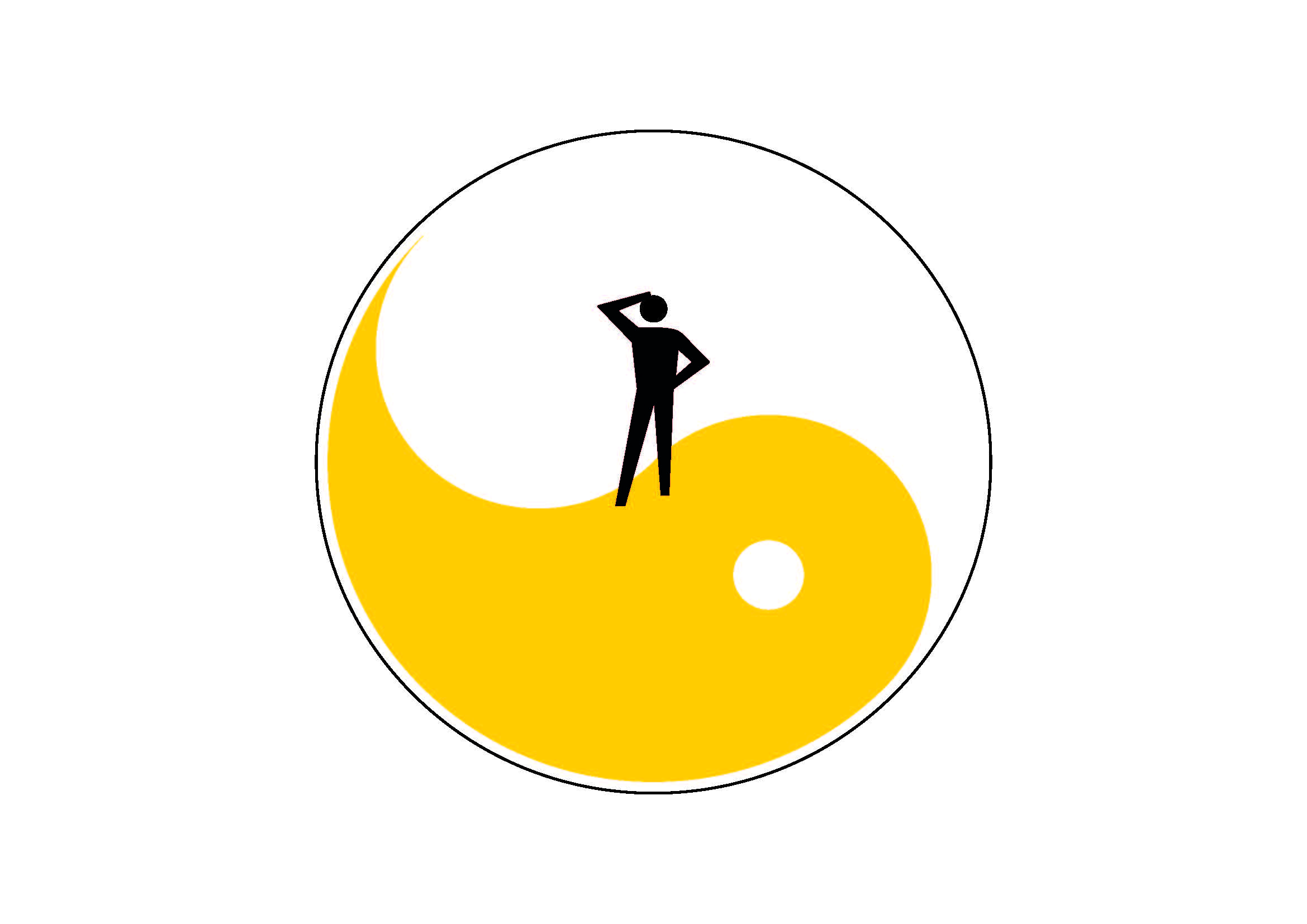Difference between revisions of "Holotopia: Convenience Paradox insight"
m |
m |
||
| Line 24: | Line 24: | ||
<p> | <p> | ||
Lao Tzu</p> | Lao Tzu</p> | ||
| − | <p><small>"The easy way seems difficult." Although the legendary sage | + | <p><small>"The easy way seems difficult." Although the legendary sage pointed to the paradoxical nature of "the way" to happiness twenty five centuries ago, <em>we</em> are still deceived by the paradox. Lao Tzu also pointed out that the roots of the paradox are to be found in how sensory impressions, and the way in which we act on them, affect the way in which we respond <em>emotionally</em> to stimuli (our ability to feel): "The five colors cause one's eyes to go blind. (...) The five flavors confuse one's palate. The five tones cause one's ears to go deaf". Finally, he is a popular icon of Taoism, the philosophy of living in accordance with the nature of the Way ("tao" literally means "way"). Hence we chose him as the icon of the <em>convenience paradox</em> insight as well. </small> |
</p> | </p> | ||
<p> | <p> | ||
Revision as of 16:06, 25 March 2020
Holotopia: The Convenience Paradox insight
Scope
The Renaissance liberated our ancestors from a religious dogma, and empowered them to seek and experience the joy of living here and now. The lifestyle changed, and the arts blossomed. Could a similar advent be in store for us today?
We use knowledge to illuminate what has remained obscure: the way our own inner condition and our cultural and natural environments influence the way we feel, and our very ability to feel; and how our handling changes those conditions—in the long run.
Insight
Stories
Lao Tzu
"The easy way seems difficult." Although the legendary sage pointed to the paradoxical nature of "the way" to happiness twenty five centuries ago, we are still deceived by the paradox. Lao Tzu also pointed out that the roots of the paradox are to be found in how sensory impressions, and the way in which we act on them, affect the way in which we respond emotionally to stimuli (our ability to feel): "The five colors cause one's eyes to go blind. (...) The five flavors confuse one's palate. The five tones cause one's ears to go deaf". Finally, he is a popular icon of Taoism, the philosophy of living in accordance with the nature of the Way ("tao" literally means "way"). Hence we chose him as the icon of the convenience paradox insight as well.
Moshe Feldenkrais
We create and use the technology to make our lives easy. Yet the by far heaviest object that we ever lift and carry around is the one we can never get rid of... "Correct action feels, and is effortless." The story here is about how Moshe (a proven polymath and giant) combined a doctorate in physics with a thorough Judo education to understand something fundamental about—ourselves.
Buddhadasa
A young prince in India saw people suffer, and was so shocked that he decided to leave the comfort of his palace and seek a remedy to suffering. After years of trials and tribulation, the last five of which were spent in continued meditation, he saw the light and found the remedy. His first public lectures were about "The Four Noble Truths", the first of which was the truth of suffering.
(OK, we may need to change the language here a bit.) Don't know about you—but I don't find this popular version of the story plausible. Could anyone really be so much beyond the world, to be surprised that people suffer? And then, after coming back to the world, offer the existence of suffering as his first big insight? Everything changes quite radically, however, when we replace the common word "suffering" by the technical Buddhist keyword "dukkha". But what is dukkha? Well, the answer is exactly The First Noble Truth of Buddhism.
The insight here (the communication of which has remained a lasting challenge) that dukkha constitutes of lion's share of humanity's emotional suffering. And that the elimination of dukkha is the key to "happiness between one and plus invinity"...
Action
The pursuit of wholeness. Ignoring symptoms, and improving ourselves and our environment.
Using the knowledge accumulated in world traditions to create ways to happiness.
- Back to Holotopia

